Table of Contents
Adult ADHD affects millions worldwide, often manifesting differently than childhood ADHD and frequently going undiagnosed well into adulthood. This neurodevelopmental condition shapes how people experience the world, bringing both unique challenges and remarkable strengths. Think of it as having “a Ferrari engine for a brain with bicycle brakes” – incredibly powerful but sometimes difficult to control.
Living with adult ADHD means experiencing life through a different lens – one where your brain might be tuned to multiple radio stations simultaneously. While this can feel overwhelming, understanding your brain’s unique wiring is the first step toward transforming these differences into advantages.
Why Recognition Matters for Adults with ADHD
Living with undiagnosed adult ADHD often feels like solving a puzzle without knowing what picture you’re creating. Recognition opens doors to understanding and support that can transform daily experiences across all life domains:
- Workplace challenges: Maintaining focus during meetings, managing deadlines, and organizing tasks
- Home management: Keeping living spaces organized and completing household responsibilities
- Relationships: Remembering important dates, being present in conversations, and managing emotional responses
For those with inattentive ADHD, these challenges often hide in plain sight. Recognition isn’t about labeling limitations but understanding your unique needs and developing appropriate strategies – similar to how some people need glasses to see clearly.
Identifying Adult ADHD Signs in Daily Life
Adult ADHD presents differently in everyone, with variations influenced by factors like gender and cultural background. Women with ADHD, including many Filipino women with ADHD, often report experiencing symptoms differently than men, with more internalized struggles rather than the hyperactive behaviors commonly associated with the condition.
Common signs include:
- Constant mental activity: Having dozens of mental “browser tabs” open simultaneously
- Focus challenges: Difficulty maintaining attention during routine tasks while paradoxically hyperfocusing on interesting activities
- Emotional regulation issues: Strong emotional responses to seemingly minor situations
- Organization difficulties: Struggling with traditional organization systems, paperwork management, and maintaining routines
- Time perception differences: Underestimating how long tasks take, leading to chronic lateness
These signs aren’t character flaws but expressions of how your brain naturally works.
ADHD’s Impact on Daily Functioning
The impacts of adult ADHD extend beyond occasional forgetfulness, shaping daily experiences in profound ways:
Professional Life
Managing ADHD in professional settings can feel like juggling while walking a tightrope. Many adults develop compensatory strategies but still struggle with:
- Missing important details
- Maintaining focus during meetings
- Prioritizing effectively
- Managing sensory overload in busy environments
Relationships
Your unique processing style affects:
- Active listening during conversations
- Following through on social commitments
- Managing emotional responses during conflicts
Time Management and Organization
The ADHD brain often experiences time differently. Using specialized tools like an ADHD planner Notion template can create visual systems that match how your brain naturally organizes information, making time management less overwhelming.
These daily experiences significantly impact emotional well-being, with many adults reporting feelings of being misunderstood or inadequate. However, understanding these impacts helps develop better coping strategies aligned with your brain’s natural functioning.
Finding Your Path Forward with Adult ADHD
The journey toward understanding begins with professional evaluation – not because something is “wrong,” but because clarity creates possibilities:
- Professional Assessment: Provides clarity, distinguishes ADHD from similar conditions, and creates a foundation for effective management strategies.
- Treatment Approaches: May include medication, cognitive behavioral therapy, ADHD coaching, support groups, and ADHD-adapted mindfulness practices.
- Digital Tools: Many adults find success with digital organization tools. While comparing options like Saner AI vs. BeforeSunset AI for productivity management, choose solutions that match your specific needs and thinking style.
- Lifestyle Adjustments: Implementing ADHD-friendly sleep hygiene, creating structured routines, and building supportive networks often make significant differences.
Remember, seeking help isn’t weakness – it’s self-understanding and growth. The goal isn’t to “fix” your ADHD but to find strategies helping you thrive with it.
Practical Strategies That Actually Work for Adult ADHD
Living well with adult ADHD requires practical approaches honoring how your brain naturally works:
Physical Wellbeing Foundation
- Consistent sleep schedule
- Regular physical movement (fidgeting counts!)
- Brain-nourishing foods
- Regular breaks to prevent overwhelm
Mental and Emotional Care
- ADHD-adapted mindfulness practices
- Journaling to track patterns
- Setting realistic expectations
- Celebrating small wins
Digital Management Tools
Students with ADHD often benefit from specialized planning tools. Sunsama for ADHD students offers features that help break down complex academic projects while providing visual timelines that make assignments more manageable.
Building Support Networks
- Connect with ADHD-friendly workplace resources
- Join professional groups celebrating diverse working styles
- Share your journey with trusted friends and family
- Participate in ADHD support groups
Embracing Your Unique Brain Wiring
Living with adult ADHD isn’t just about facing challenges – it’s about discovering unique strengths and harnessing them. While ADHD presents hurdles, it also brings creativity, enthusiasm, and innovative problem-solving abilities.
ADHD minds often make connections others miss, bringing fresh perspectives to complex problems. The same brain that struggles with routine tasks can hyperfocus on projects of passion, producing extraordinary results when properly channeled.
Whether implementing practical strategies or building meaningful connections, every effort to work with your brain rather than against it represents progress worth celebrating.
Key Takeaways:
- Adult ADHD is a different way of experiencing the world, bringing both challenges and unique strengths.
- Recognition and proper support transform ADHD challenges into advantages in work and relationships.
- Practical strategies like specialized planning tools and support networks create sustainable success with ADHD.
Frequently Asked Questions
Is adult ADHD different from childhood ADHD?
Adult ADHD often manifests differently, with less visible hyperactivity and more internal struggles with focus, organization, and emotional regulation.
Can adults develop ADHD later in life?
ADHD doesn’t develop in adulthood; rather, it was likely present in childhood but went unrecognized until adult responsibilities made symptoms more apparent.
Do I need medication to manage adult ADHD?
Medication is helpful for many but not everyone; comprehensive management often includes behavioral strategies, environmental modifications, and support systems.
Tags:
adult adhd symptomsMaria is an accomplished digital marketing professional, specializing in content marketing and SEO. She's a neurodivergent who strives to raise awareness, and overcome the stigma that envelopes around mental health.
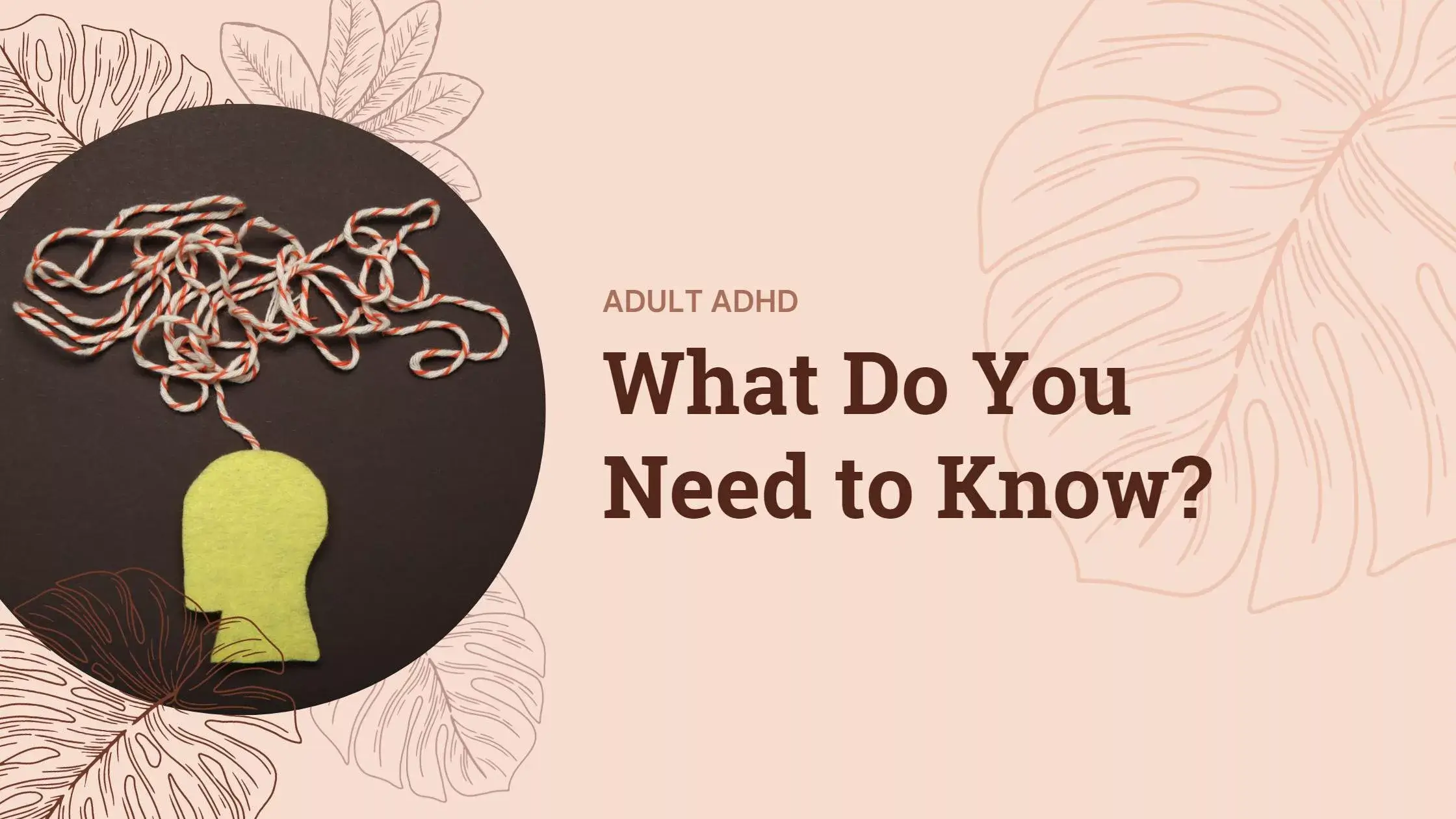

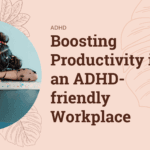
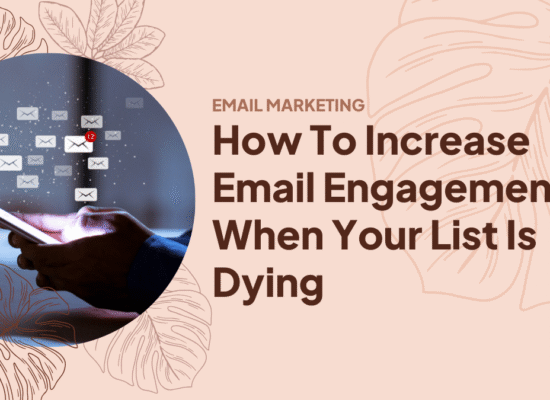
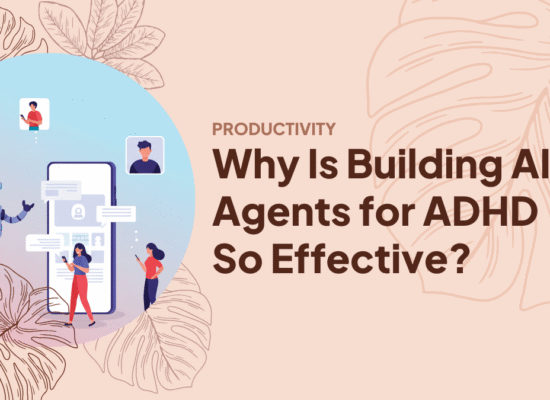
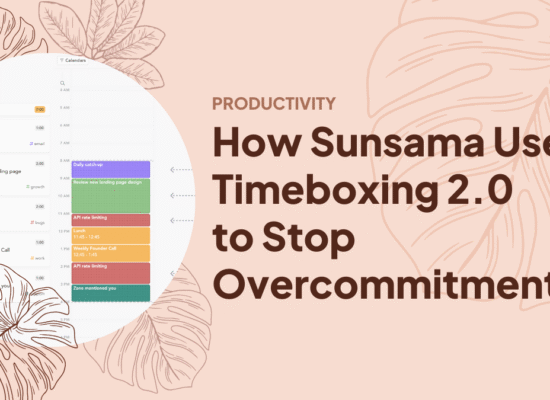

No Comment! Be the first one.